Scientists and Public Live in Different Worlds
by Jacob Jedamus-Denu on Jan 29, 2015 | Views: 425 | Score: 2
| General Public | AAAS Scientists | |
|---|---|---|
| GMO foods are okay to eat | 37 | 88 |
| Humans have evolved | 65 | 98 |
| Require childhood vaccinations | 68 | 86 |
| Humans worsen climate change | 50 | 87 |
| Increase fracking | 39 | 31 |
| Overpopulation will be major problem | 59 | 82 |
Percentage
Sources:
pewinternet.org, pbs.org

 of
of

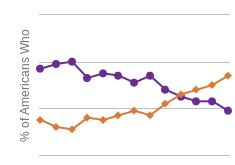
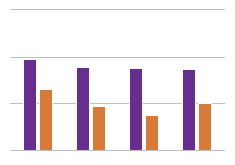
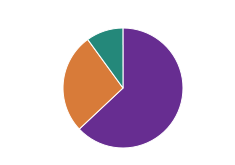
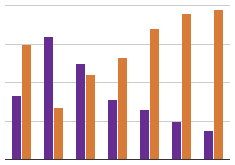
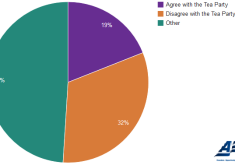
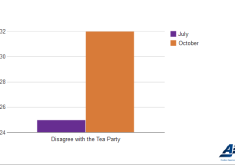
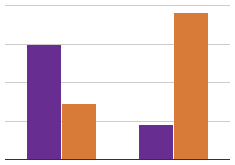
With a plethora of knowledge just a computer click away, it's quite shocking how differently the general public views major world issues when compared to scientists who study them for a living. “The irony of the Information Age is that it has given new respectability to uninformed opinion.”- John Lawton
This is a great demonstration of how the internet gives us access to information, but not automatic expertise. However, without the internet, would the difference in opinions be even greater? Or has the internet actually misinformed us and made our opinions less evidence-based?
Personally, I really like the quote I used because I think that we no longer live in a age where the most intelligent arguments are given the credit they are due, and instead we give credit to outlandish stories and loud people. However, I'm not sure whether the information age has left us more or less informed... I'm sure there are many arguments supporting both sides.
Unfortunately, I think that the funding of many scientific research projects by major corporations and our government which many times can be a conflict of interest and may sway the way the experiment is drawn up or what methods are used to interpret the results, have made for a society that is leary of reports. Al
I would be inclined to agree. Even scientific reports are not completely free from partiality. Although science attempts to claim the realm of objectivity - and rightfully so - it can be very tempting to draw up certain conclusions such that the experimenters do not bite the hand that feeds them.
I think that potentially skewed outcomes of particular studies funded by major interest groups (government or corporate), though certainly possible, is irrelevant as far as this graph is concerned. This is a study on the anonymous opinions of AAAS scientists, many of which do not line up with the general population that is more vulnerable to rhetoric and talking heads.
I agree Peter, sure corporate funding can play a major role in scientific studies but probably not so much in anonymous scientific opinion.